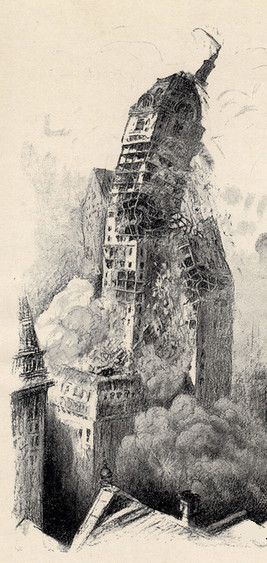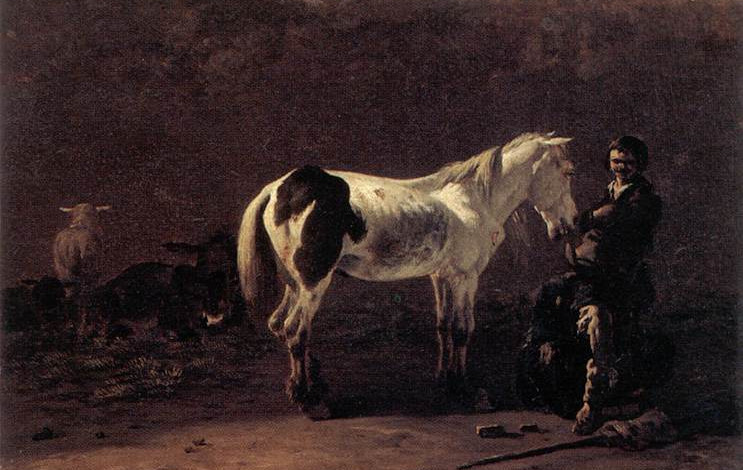The popular Bulwer–Lytton Fiction Contest challenges entrants to compose “the opening sentence to the worst of all possible novels”:
As an ornithologist, George was fascinated by the fact that urine and feces mix in birds’ rectums to form a unified, homogeneous slurry that is expelled through defecation, although eying Greta’s face, and sensing the reaction of the congregation, he immediately realized he should have used a different analogy to describe their relationship in his wedding vows.
Less well known is the Lyttle Lytton Contest, which requires that the sentences be short. Winners:
2012 – “Agent Jeffrey’s trained eyes rolled carefully around the room, taking in the sights and sounds.” (Davian Aw)
2011 – “The red hot sun rose in the cold blue sky.” (Judy Dean)
2010 – “‘I shouldn’t be saying this, but I think I’ll love you always, baby, always,’ Adam cried into the email.” (Shexmus Amed)
2009 – “The mighty frigate Indestructible rounded the Horn of Africa and lurched east’ard.” (Pete Wirtala)
2008 – “Because they had not repented, the angel stabbed the unrepentant couple thirteen times, with its sword.” (Graham Swanson)
2007 – “It clawed its way out of Katie, bit through the cord and started clearing.” (Gunther Schmidl)
2006 – “This is the cipher key for all that follows: |||||| || |!” (P. Scott Hamilton)
2005 – “John, surfing, said to his mother, surfing beside him, ‘How do you like surfing?'” (Eric Davis)
2004 – “This is the story of your mom’s life.” (Rachel Lambert)
2003 – “For centuries, man had watched the clouds; now, they were watching him.” (Stephen Sachs)
2002 – “The pain wouldn’t stop, and Vern still had three cats left.” (Andrew Davis)
2001 – “Turning, I mentally digested all of what you, the reader, are about to find out heartbreakingly.” (Top Changwatchai)
Another favorite, offered by Jonathan Blum in a 2007 freeform contest: “Scaling Everest was, by far, the most amazing and transformative experience of my life. Unfortunately, this is a thesis on context-free grammars.”



